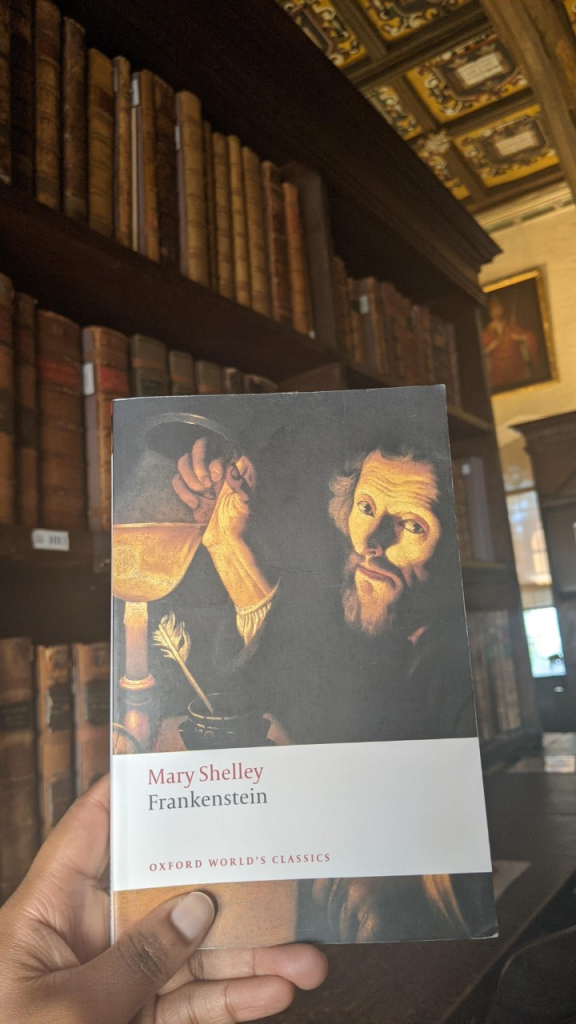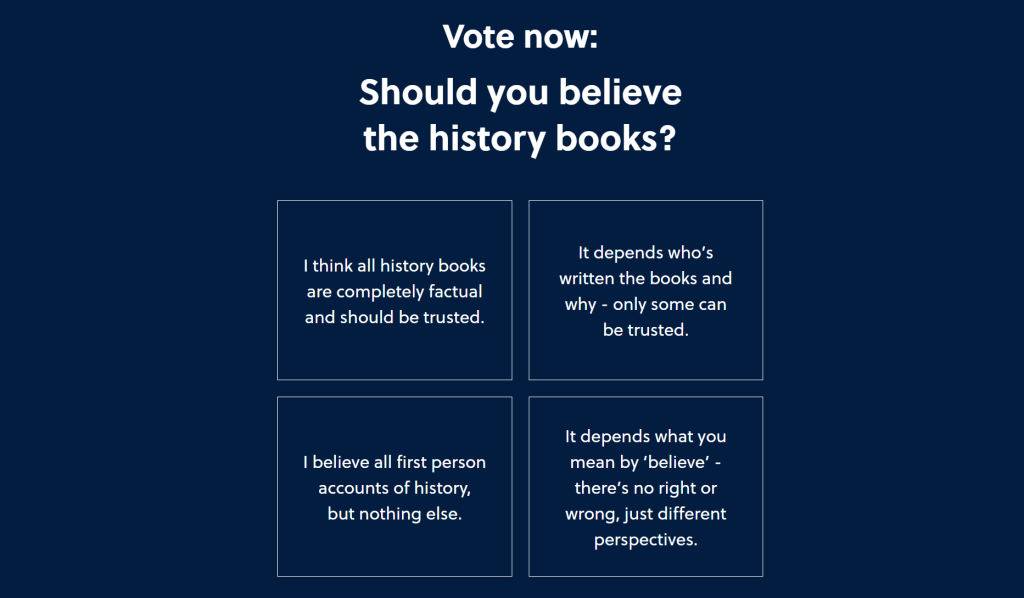
October is Black History Month, a celebration of the achievements and contributions made by Black people across history.
Black History Month began in the United States in 1970, and in the UK in 1987, when Akyaaba Addai-Sebo, a special projects officer at the Greater London Council, put forward the concept. He was inspired by a conversation with a colleague whose seven-year old son had asked “Mum, why can’t I be white?” This made Addai-Sebo think more about identity, pride and heritage. He chose October for Britain’s Black History Month because it was a period “when the weather was not cold and children were fresh after the long summer vacation and had less to worry about with exams and tests” (source).
Now, Black History Month exists to recognise that the history and voices of Black people have often been ignored or silenced throughout history and into the present day. It is a time for celebrating people and movements that have unfairly been forgotten and for ensuring that they are remembered, not just in October but all year round. You can find out more about Black History Month and this year’s theme, ‘Proud to Be’, right here.

The Oxplore Book Club has lots of resources to help you and your students celebrate Black History Month by discovering some amazing literature by Black authors. Check out this resource, which delves into Malorie Blackman’s Noughts and Crosses series. These novels are set in a dystopian world where one race rules over another, Black people (Crosses) dominating White people (Noughts). They therefore offer a stark reversal of the long history of racial prejudice against people of colour.
The Book Club can also introduce your students to literature by other writers of colour, such as this collection from poetry month, which focuses on the themes of identity and family relationships. Moniza Alvi, Caleb Femi, and Mary Jean Chan share their experiences of growing up in Britain through their poetry, drawing from their different cultural heritages—Pakistani, Nigerian, and Chinese respectively.
Your students can explore what race really means and learn about the history of racial discrimination in our Big Question ‘Does race matter?’ This Question also includes recommendations of more literature by Black authors like Maya Angelou, Langston Hughes and Chimamanda Ngozi Adichie.
And, if they’ve been inspired by finding out about these incredible writers, you can introduce them to even more Black and Asian British writing through the Postcolonial Writers Make Worlds resource hub, created by Oxford’s Faculty of English Language and Literature and TORCH, The Oxford Research Centre in the Humanities.
It isn’t just writers, either—Oxford owes a lot to the Black people who have helped to build its worldwide reputation for excellence, and you can find out about some of them in the Oxford BHM 100.
Happy Black History Month from everyone at Oxplore, and happy reading!






